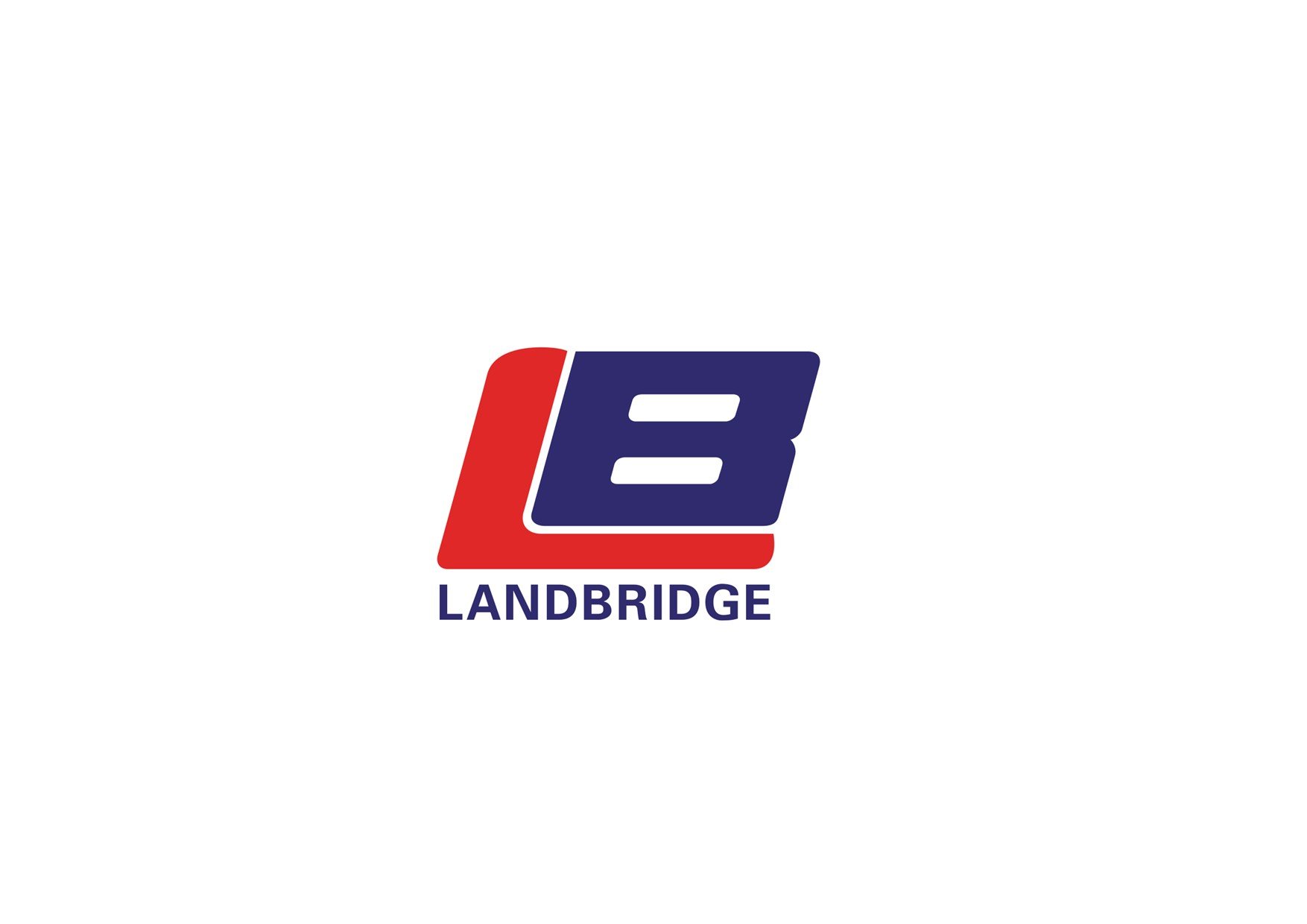Company Directory - World Shipping Council
Company Details - World Shipping Council

World Shipping Council
WebsiteThe World Shipping Council (WSC) is a trade association representing the international liner shipping industry. It advocates on behalf of its members and facilitates dialogue with policymakers and regulators to promote safe, efficient, and environmentally responsible shipping practices.
CCI Score
CCI Score: World Shipping Council
-15.01
0.06%
Latest Event
World Shipping Council Criticizes Trump’s Authoritarian Shipping Tariffs
In response to President Trump's proposal to impose fees on Chinese-made container ships, the World Shipping Council expressed doubts about the policy, suggesting that the measures would backfire and disrupt global trade. This stance is viewed as a repudiation of authoritarian interventions in economic policy.
Take Action
So what can you do? It's time to make tough choices. Where will you cast your vote?
- Shop Alternatives
SEE ALL - Use Your Voice
OTHER TOOLS - Investigate
- Share the Score
SUPPORT CCI
ENABLER
World Shipping Council is currently rated as an Enabler.
Latest Events
 MAR252025
MAR252025In response to President Trump's proposal to impose fees on Chinese-made container ships, the World Shipping Council expressed doubts about the policy, suggesting that the measures would backfire and disrupt global trade. This stance is viewed as a repudiation of authoritarian interventions in economic policy.
 MAR252025
MAR252025During a congressional hearing on President Trump's proposal to impose new fees on Chinese-made container ships, the World Shipping Council (WSC) criticized the plan. The CEO noted that such tariffs would not revive the failing American shipbuilding industry and could disrupt global trade flows, implicitly warning against heavy-handed, authoritarian economic interventions.
 MAR242025
MAR242025World Shipping Council urged the USTR to drop retroactive port fees and pursue alternative strategies to boost U.S. shipbuilding. In its prepared testimony, WSC CEO Joe Kramek criticized the proposed fees on Chinese-built vessels, arguing that they would increase costs for U.S. businesses, consumers, and exporters while fueling inefficiencies in the maritime sector. This action reflects aggressive corporate lobbying practices that prioritize industry profits and can undermine broader democratic accountability.
-20
Public and Political Behavior
March 26
The World Shipping Council’s proactive lobbying against retroactive port fees illustrates how corporate entities use political influence to shape regulatory policy in favor of industry interests. By pressuring the USTR and presenting testimony that prioritizes private profits over public accountability, WSC's actions contribute to a political environment where corporate interests can override democratic considerations.
-10
Economic and Structural Influence
March 26
By opposing fee structures that would impose significant costs on shipping operators, the WSC is engaging in economic lobbying that seeks to maintain favorable conditions for its members. This effort can be seen as prioritizing corporate economic interests and influence over regulatory reforms designed to achieve a more equitable economic landscape.
 DEC312024
DEC312024OpenSecrets data indicates that the World Shipping Council spent $280,000 on lobbying activities in 2024. This expenditure reflects significant corporate political influence and raises concerns about the role of industry lobbying in shaping policies that may support authoritarian practices.
-20
Political Contributions and Lobbying Efforts
March 26
The World Shipping Council's lobbying expenditure of $280,000 in 2024, as reported by OpenSecrets, demonstrates active political contributions. From an anti-fascist perspective, such spending can entrench corporate influence over public policy and potentially facilitate the erosion of democratic accountability, thereby indirectly bolstering authoritarian practices.
 DEC102024
DEC102024An article published on World Human Rights Day highlights widespread human rights abuses at sea, including forced labor, slavery, and neglect of seafarers. This casts a critical light on industry bodies like the World Shipping Council, whose advocacy efforts appear insufficient to counter systemic abuses in the maritime labor sector.
-40
Labor Relations and Human Rights Practices
March 26
The article details systemic human rights abuses at sea, including forced labor and other exploitative practices, which are indicators of poor labor relations and human rights conditions in the maritime industry. As the World Shipping Council represents industry operators, its failure to actively safeguard against such abuses raises serious concerns. This negative rating reflects the association's complicity in an environment where seafarer rights are not adequately protected.
 JUL012024
JUL012024Records from LobbyFacts indicate that the World Shipping Council has organized and participated in multiple high-level meetings with government officials from 2014 through 2024. These activities underscore the association's efforts to influence policymaking in favor of shipping industry interests, a practice viewed with skepticism from a left‐leaning perspective for potentially undermining democratic processes.
-20
Public and Political Behavior
March 26
The documented series of meetings involving high-level governmental officials suggests that the World Shipping Council is actively lobbying to shape regulatory environments favorable to the international shipping industry. From a left‐leaning perspective, this level of political engagement, while sometimes justified as promoting industry efficiency and safety, may also be seen as a means of consolidating corporate power and undermining transparent, democratic oversight—a dynamic that can contribute to authoritarian influences.
 OCT202023
OCT202023A UN Special Rapporteur's report highlights systemic failures in the international shipping industry regarding human rights and environmental standards, calling for urgent reforms. The report criticizes the industry's established practices, including inadequate protections for seafarers and insufficient political accountability, issues that the World Shipping Council, as a key trade association, is implicated in.
 JUL152020
JUL152020Amid widespread reports of labor and human rights abuses in the global shipping industry during the pandemic, criticisms have been leveled at industry representatives such as the World Shipping Council for failing to address adequate protections for seafarers.
-50
Labor Relations and Human Rights Practices
March 26
The article spotlights dire human and labor rights abuses experienced by seafarers during the COVID-19 crisis, including issues like crew abandonment, underpayment, and lack of medical care. As a trade association representing the international liner shipping industry, the World Shipping Council is perceived as complicit by not actively addressing these systemic issues and ensuring robust protections for seafarers. This failure to safeguard labor rights in a critical industry context contributes negatively to their overall complicity in enabling authoritarian and oppressive economic practices.
 JAN012000
JAN012000In 2000, the World Shipping Council was established to lobby the U.S. government for deregulation of container and cargo shipping regulations. This effort, while aimed at streamlining maritime operations and enhancing maritime security, reflects corporate political engagement with implications for democratic oversight and regulatory frameworks.
-40
Political Contributions and Lobbying Efforts
March 26
The article highlights that the World Shipping Council was formed in 2000 to lobby the U.S. government on container and cargo shipping regulation, a move that promoted deregulation of ports and transport routes. From a left‐leaning perspective, such deregulation can erode democratic oversight and regulatory protections, indirectly bolstering corporate dominance and potentially contributing to authoritarian policy outcomes. This political lobbying effort is therefore rated negatively for its potential complicity in undermining strong government oversight.
Alternatives

Corporation
-23.37

Corporation
-26.62
Corporation
-28.66

Vizhinjam, India
0.00
Geneva, Switzerland
-24.46

Corporation
-32.89

Corporation
-35.39

Gothenburg, Sweden
39.16

China
-28.50

Corporation
-37.93
Industries
- 488320
- Marine Cargo Handling
- 488330
- Navigational Services to Shipping
- 541614
- Process, Physical Distribution, and Logistics Consulting Services